Europe 1901-present
While war seems to be a backdrop to events in Europe in this time period the articles collected here explore many of the wider impacts and elements to the war. Medicine and technology are explored alongside dramatic changes in social attitudes. The political events that disrupt and shape Europe of the 20th century are explored though a range of engaging articles that include Russia and the USSR, Fascism and European co-operation.
Sort by:
Date (Newest first) | Title A-Z
Show:
All |
Articles |
Podcasts |
Multipage Articles
-
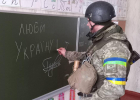
Teaching about the Russian invasion of Ukraine and events happening there
ArticleClick to view -

Film: The Partitions of Poland-Lithuania (1772-1795)
ArticleClick to view -

Film: Life and Death in Occupied France
ArticleClick to view -

Using the concept of place to help Year 9 students to visualise the complexities of the Holocaust
ArticleClick to view -

Triumphs Show: Diversifying the curriculum at A-level
ArticleClick to view -

Decolonise, don’t diversify: enabling a paradigm shift in the KS3 history curriculum
ArticleClick to view -

Film: Blood and Iron
ArticleClick to view -

Curating the imagined past: world building in the history curriculum
ArticleClick to view -

Year 9 use sources to explore contemporary meanings and understandings of appeasement
ArticleClick to view -

Moving Year 9 towards more complex causal explanations of Holocaust perpetration
ArticleClick to view -

VE Day: free home learning resource
5th May 2020Click to view -

Family stories and global (hi)stories
ArticleClick to view -

What’s in a narrative? Unpicking Year 9 narratives of change in Stalin’s Russia
ArticleClick to view -
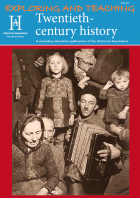
Exploring and Teaching Twentieth-Century History
ArticleClick to view -
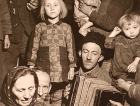
Teaching 20th-Century History Resources
ArticleClick to view -
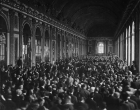
Polychronicon 175: Paris 1919 – a century on
ArticleClick to view -

Cunning Plan 174: creating a narrative of the interwar years
ArticleClick to view -

What kinds of feedback help students produce better historical narratives of the interwar years?
ArticleClick to view -
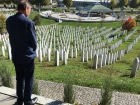
My journey to Bosnia: The Balkans Conflict 22 years on
Multipage ArticleClick to view -

Polychronicon 171: Policing in Nazi Germany
ArticleClick to view

